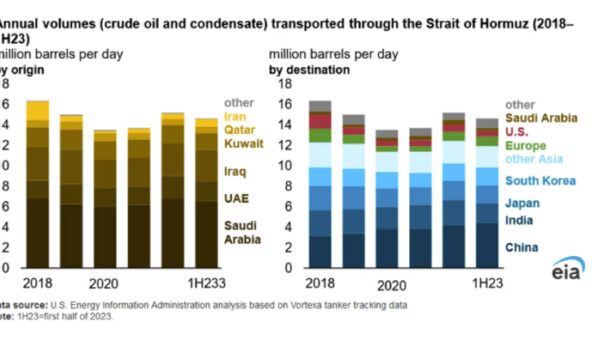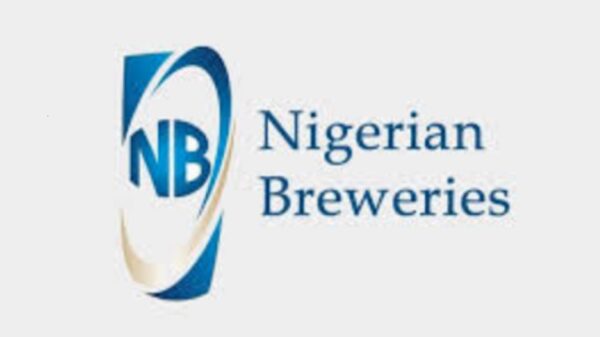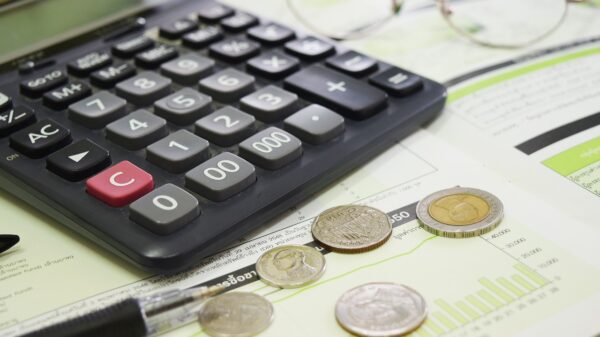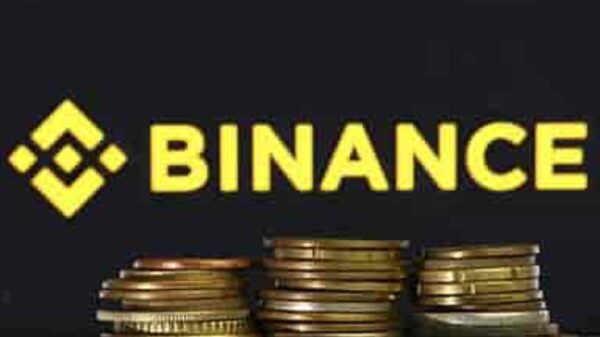The market was among top frontier performers in the fourth quarter as the traditionally high yields on bills and bonds, which had provided local investors with low-risk returns, collapsed. Over 2020, the market climbed 50%.
There’s not even much foreign money in the market. According to research from investment bank EFG Hermes, Frontier-dedicated funds have substantially cut their holdings over the past two years and are now underweight relative to Nigeria’s MSCI emerging market index weighting.
The longer investors stay in Nigerian stocks, the greater the risks they face.
The central bank is likely to maintain its ultra-accommodative monetary policy stance, says Wale Okunrinboye, an investment analyst at Sigma Pensions in Lagos. Low rates will support positive sentiment on Nigerian stocks over the first half of 2021 at least, he says.
Still, “in the event the central bank reverts to an orthodox policy setting to fight inflation, then the rally across Nigerian stocks could come to halt at some point.”
That suggests stock prices are being propped up by rates in a context of low growth and high inflation. Moses Ojo, chief economist at PanAfrican Capital Holdings in Lagos, is positive on the outlook for the market in the first half of the year, but negative on the second.
- The direction of interest rates holds the key. “The regime of low interest rates is expected to come to an end by the end of the first quarter,” he says.
- Higher interest rates will lead to fund switching from equities to fixed income, he adds.
- There’s little chance of economic growth providing support for equity valuations. “The political class is not ready to make the tough choices that are necessary to direct the economy onto the path of growth and sustainability,” says Ojo.
“The macro context is weak and policy-making is unpredictable,” says EFG Hermes. Nigeria faces slow-burning balance of payments and fiscal crises, but the authorities “do not appear ready to make the difficult decisions necessary to put the economy and market on a sustainable footing.”
Stagflation
EFG Hermes is underweight on Nigeria, with only Guaranty Bank rated as a buy.
- Guaranty is the most favoured stock among international investors still in the Nigerian market, says EFG Hermes.
- The bank’s guided dividend yield of about 7% to 8%, versus current T-bill yields of 0% to 3% as well as management and asset quality “should support the bank’s above-peer average valuation” says EFG Hermes.
- Still, “upside will be curtailed by a volatile and unconducive regulatory environment.”
The current low interest rate environment feeds through into lower earnings for banks. EFG Hermes says banks are “vulnerable to a narrowing in net interest margins in 2021” due to much lower yields on government paper. That pressure would be eased if rates rise.
Bank earnings will be under pressure this year due to a possible increase in in loan-loss provisions, adds EFG Hermes.
Consumer stocks are unlikely to fare well with unemployment at an all-time high.
- Consumers are also hampered by stubborn inflationary pressure.
- Food price inflation climbed to 18.3% on the year in November, from 17.4% in October.
- Cobus de Hart at NKC African Economists expects inflation to continue an upward trajectory in early 2021.
- In addition, beer drinkers face the short-term risk of an increase in taxes, says EFG Hermes.
Attractive dividend yields will mean periodic rallies driven by local pension-fund interest in stocks, EFG Hermes says. But, overall, “Nigeria is likely to remain a frustrating market for foreign investors in 2021.”



















































You must be logged in to post a comment Login